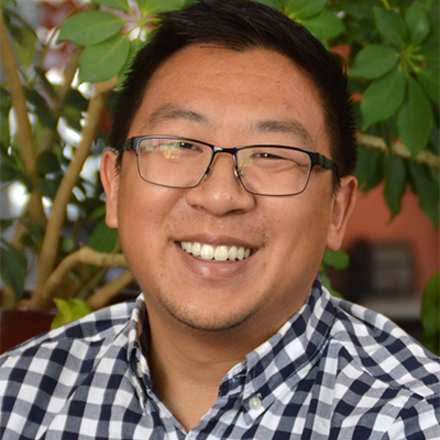
In the News
In Bayview, Air Power for the People
-
Focus Areas
Environmental Health, Healthy Communities -
Issues
Population Health -
Programs
Tracking California
“Even the San Francisco Department of Health admits this is serious, dead serious. Maybe they realize that air pollution doesn’t stay locked in one neighborhood. If our lives are in danger and pollution spreads, it won’t be too long before their lives are in danger, too.”
Marie Harrison, dedicated community activist for her beloved Bayview who died from chronic lung disease in 2019, wrote those words in the The Bayview newspaper in 1996 in an effort to prevent PG&E from building a new substation in her neighborhood.
“While Bayview has the most toxic dumps, you are not out of harm’s way no matter where you live in the city,” Harrison wrote. “The very wind that should clean the air you inhale and exhale is the same toxic air we all breathe.”
Twenty-five years later, the Marie Harrison Bayview Hunters Point Air Monitor Project, launched this past Saturday, plans to use scientifically rigorous data to back-up her claim that bad air in the Bayview can become bad air for the rest of San Francisco.
“She (Harrison) taught me an immense amount of lessons not just in this work, but in life,” said Dalila Adofo, manager for the project, in a Zoom meeting before the official kick-off event at All Good Pizza. Adofo shared a slideshow of the eight Dylos air monitors that, despite the challenges of COVID-19, were successfully placed throughout the Bayview to measure air quality.
The project is funded by the California Air Resources Board thanks to Assembly Bill AB 617.
An expert panel of David Chang from Tracking California; Jack Broadbent, Chief Executive of BAAQD; Davina Hurt of CARB; and Dr. Ahimsa Sumchai explained the scientific rigor behind the system. For example, co-locating the system near the government’s own air monitoring systems provides additional confidence in the data being gathered.

This is not a simple plug and play method. We are working with the government’s system to double check, and our process is modeled on 40 Dylos in Imperial, CA.David Chang, Tracking CA
“We all breathe cleaner air because of Ms. Marie Harrison,” Broadbent said. “I know because she pushed on us quite hard. “
“Healthy environments are for all and not a few,” Hurt said. “We need environmental justice as part of doing business. We have a long road ahead, but we are on that road.”
Click below to read the full story in 48hills.
Originally published by 48hills
More Updates


Safeguarding the Health and Wellbeing of Agricultural Workers in Monterey County: A 5-Year Glance at the COVID Pandemic & Lessons Learned

New Study Reveals Why Alcohol Use Increased During the Pandemic

PHIL Collective: Tools, Training and Resources for Collaborative, Cross-Sector Efforts to Improve Health and Equity
Work With Us
You change the world. We do the rest. Explore fiscal sponsorship at PHI.
Support Us
Together, we can accelerate our response to public health’s most critical issues.
Find Employment
Begin your career at the Public Health Institute.
